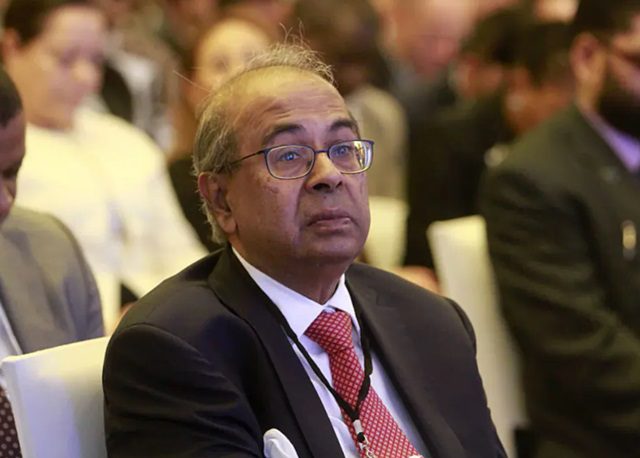BTN News: It is perhaps the most high-profile current legal saga to grip Geneva: allegations of human trafficking and mistreatment of staff against members of the Hinduja family, whose business empire has made them among the wealthiest people in the world. The trial, which has attracted worldwide attention, accuses the couple of having mistreated employees at their Swiss home and underscores the very different way that wealth and power mix with allegations of work abuse.
The ongoing trial has brought to light the following key findings:-
1. Charges of Shocking Inequities in Care
Prosecutors said an especially damning area of comparison lay between how workers are treated and priorities like home renovations. The family was also spending thousands per year on their pet dog, receiving more than several others who generally were paid low wages, and forced to work long hours under grueling conditions, among others.
2. Confiscating Passports and Freedom Restriction
Staff were accused of confiscating Indian staff members’ passports (restricting their freedom of movement) in a move which could breach Swiss laws on human trafficking and labour exploitation.
3. Problems With Currency and Contractual Ambiguities
Indian employees did get paid in Indian money, so they were left high dry in Switzerland. In addition, the contracts were imprecise in respect of hours worked and days off which led to a situation where workers were said to be in a position of exploitation.
4. Defense – Treated with Respect
In a statement throughout the allegations, the Hinduja family’s defence has argued that their staff have been given accommodation and food, indicating that they were being handled fairly. Stating that the staff remain within the employment gives them satisfaction from working.
5. Legal Ramifications and Prosecutorial Requests
The prosecution is asking for harsh penalties, including a multi-decade prison sentence for the entire family plus large monetary penalties. They would find courts that add court costs and create a solidarity fund for affected employees.
Hinduja family representatives have issued a firm denial, reiterating their belief in the fairness of the legal system and insisting that they did not have a direct hand in the daily employment of staff.
How the trial concludes will have ramifications not just for the reputation of the Hinduja family, but will raise far wider issues surrounding the treatment of workers and what the super-rich should be expected to do. Meanwhile, ongoing legal efforts underscore the global spotlight being shone on the nexus of wealth, power, and responsibility.
This particular case underlines the intricacies of the new age world of labour relations and the endeavour to balance the interests of the employees against the usages of the employers in an increasingly globalised world.
Conclusion
The Geneva trial of the Hinduja family is a rare event in the international scrutiny of alleged labor abuses among the global elite. As legal proceedings continue, the story is a stark reminder of the uphill battle to adequately protect the rights of workers today.


